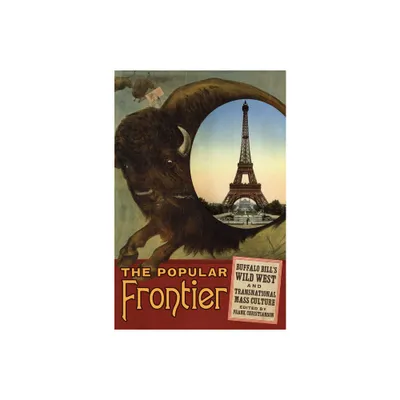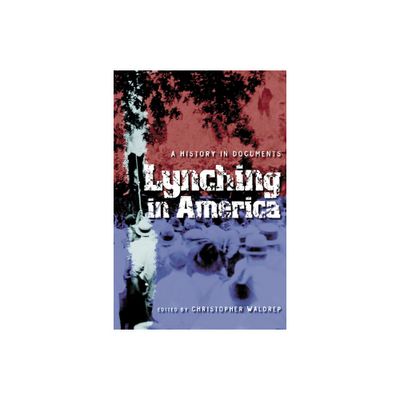Home
Popular Justice: A History of Lynching America
Loading Inventory...
Barnes and Noble
Popular Justice: A History of Lynching America
Current price: $77.00


Barnes and Noble
Popular Justice: A History of Lynching America
Current price: $77.00
Loading Inventory...
Size: Hardcover
*Product Information may vary - to confirm product availability, pricing, and additional information please contact Barnes and Noble
Lynching has often been called "America's national crime" that has defined the tradition of extralegal violence in America. Having claimed many thousand victims, "Judge Lynch" holds a firm place in the dark recesses of our national memory.
In Popular Justice, Manfred Berg explores the history of lynching from the colonial era to the present. American lynch law, he argues, has rested on three pillars: the frontier experience, racism, and the anti-authoritarian spirit of grassroots democracy. Berg looks beyond the familiar story of mob violence against African American victims, who comprised the majority of lynch targets, to include violence targeting other victim groups, such as Mexicans and the Chinese, as well as many of those cases in which race did not play a role. As he nears the modern era, he focuses on the societal changes that ended lynching as a public spectacle.
Berg's narrative concludes with an examination of lynching's legacy in American culture. From the colonial era and the American Revolution up to the twenty-first century, lynching has been a part of our nation's history. Manfred Berg provides us with the first comprehensive overview of "popular justice."
In Popular Justice, Manfred Berg explores the history of lynching from the colonial era to the present. American lynch law, he argues, has rested on three pillars: the frontier experience, racism, and the anti-authoritarian spirit of grassroots democracy. Berg looks beyond the familiar story of mob violence against African American victims, who comprised the majority of lynch targets, to include violence targeting other victim groups, such as Mexicans and the Chinese, as well as many of those cases in which race did not play a role. As he nears the modern era, he focuses on the societal changes that ended lynching as a public spectacle.
Berg's narrative concludes with an examination of lynching's legacy in American culture. From the colonial era and the American Revolution up to the twenty-first century, lynching has been a part of our nation's history. Manfred Berg provides us with the first comprehensive overview of "popular justice."


















